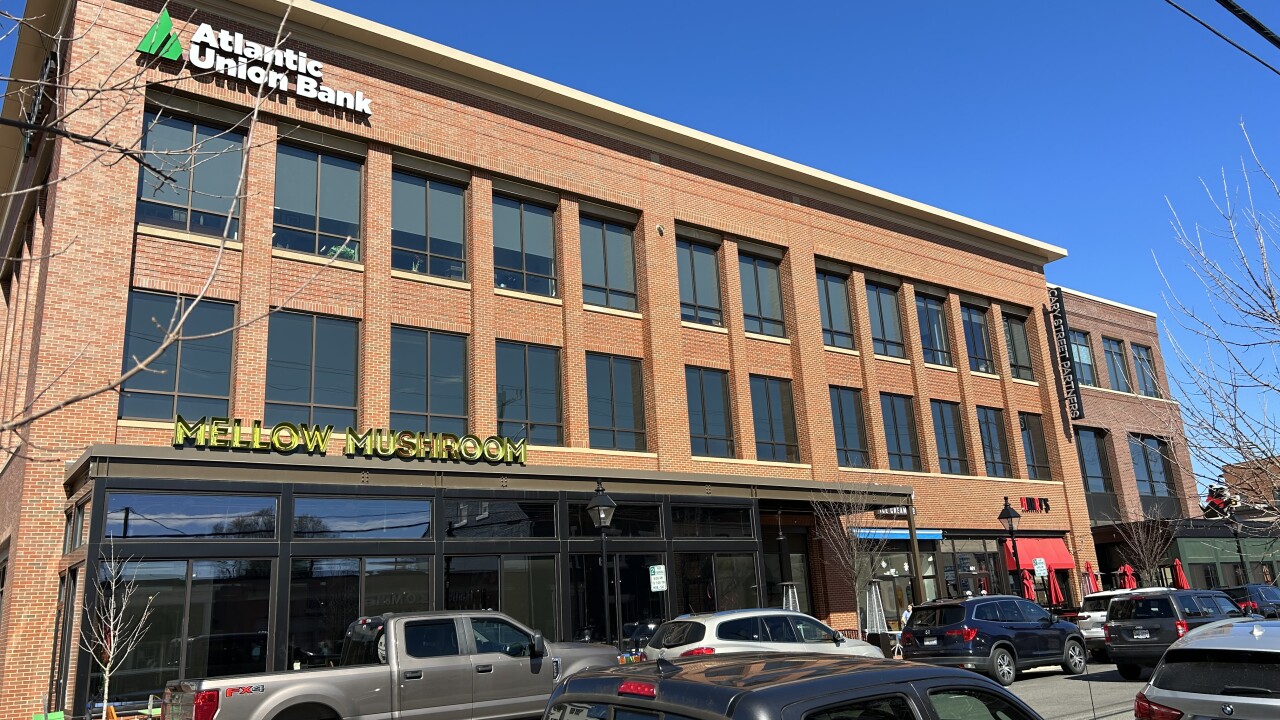Even early in the pandemic, it was apparent that acquirers needed digital onboarding, electronic payments and automated chargeback solutions to
But now, many are contemplating what a post-COVID acquiring world will look like and how digital offerings will coexist with traditional one-on-one merchant account and payment processing sales.
"When everything gets back to normal in the next year or two, we will see a shift back toward in-person interaction, as a lot of people will want to go back to that, having grown tired of sitting and looking at a computer screen," said John Jakobe, market intelligence manager at Strawhecker Group. "But generally speaking, because everyone is so focused on these new digital customer service tools, I don't think these tools will go away, as more merchants are seeing the benefit."
The COVID-19 pandemic accelerated the digital evolution of the point of sale, but the door remains open a crack for old-fashioned sales and service practices in a post-pandemic world.
"When talking about big box acquirers, and speaking from a small-business perspective, a majority of those sales efforts will transition over to the more digital onboarding experience, and a hands-off approach in terms of servicing those clients," Jakobe said.
But if those same acquirers worked with a different set of merchants from the enterprise level, there will always be "that corporate-level handholding in sending your sales reps to those offices and going through presentations," Jakobe added. "Having that in-person sales experience as well as having a specific rep visit a number of outlet locations and help through that onboarding process will always be important."
Heartland Payment Systems, now owned by Global Payments, serves as a good example of how the acquiring and ISO world has changed in a short period of time. Heartland had the reputation for selling in the "man-on-the-street" fashion, sending reps door-to-door, especially in the hospitality industry.
"Heartland has done a lot in the past few months to have digital tools set up for the sales team," Jakobe noted. "They can't really send people on airplanes as much and the corporate offices they visit have been closed for months."
Tech-savvy companies have been able to help their resellers move into cloud-based options that eliminate paper processes and quickly set up digital payment solutions.
"During these difficult times, our partners have realized the importance and need to offer a full range of digital products and solutions," said Sarah Guckes, chief marketing officer of linked2pay. "Their digital payment strategies have become a priority for their business performance. When called on for advice, it is great to show them how to evaluate options and be set up quickly for cloud-based solution delivery of secure risk-managed payments. Their expansion of digital payment and risk solutions is the new and improved norm for them."
Still, the digital replacement of manual processes can't fully displace face-to-face merchant interaction, Guckes added.
"Many small merchants will want someone to talk to or ask questions and meet with in order to build overall trust in their payment provider," she said. "They want to know the company behind the service."
Instead of meeting over lunch, a common practice in the past, the interaction might be a quick phone call or visit, Guckes said. "This will continue to be important for the majority of merchants and can be a point of differentiation for payment providers."
It will be important for ISOs or smaller acquirers to keep relationship building as a vital tool in their sales kits. It can serve as that competitive counter when other companies continue to advance forward with digital options and impressive upgrades that merchants are finding critical, especially during the pandemic.
Square added the
It pushed forward the trend of embedding payments more seamlessly into other workflows for the merchant while consumers shop, receive communications from merchants and pay through a single common experience.
Shopify, PayPal, Stripe and QuickBooks are all examples of companies that benefit by providing omnichannel experiences for customers for both shopping and customer service.
"Small ISOs have been hurt by this sort of development, especially if they don't have comprehensive solutions or the capabilities to help build out the online channels that merchants are looking for," Strawhecker's Jakobe said. "A lot of ISOs are in search of the next integrated products because many don't develop their own products or solutions and can't keep up with the changes of tech-oriented companies. It's been a dramatic shift in the ISO market, in general."
Those resellers who have made the shift, especially with COVID-19 wreaking havoc on all things payments and processing for retailers, feel strongly about where the digital advancements have taken them.
"COVID changed everything for several of the businesses I work with and they were in need of automated, paperless processes while their employees were stuck at home," said Dennis Taylor, business consultant and reseller for linked2pay. "Suddenly, no one was at the office to send paper invoices or receive checks in the mail."
It created the need to introduce those companies to automated invoicing and recurring payment solutions so they "could continue to request and receive payments online, helping to keep their cash flow positive during a really difficult time," Taylor added. "Without a digital payment option, they would have faced significant challenges and potential losses."
The pandemic actually fueled an aspiration that new and existing customers could be introduced to automated onboarding and payment processes, many of which could be set up in a few hours, said sales consultant and reseller Dan Roman.
"Our team does not need to go to a merchant and get paperwork signed or wait days for it to be approved," Roman added. "That really helped ease my customers' minds."
Traditional processes of acquiring that have generally become moot are those that have changed dramatically through automation, specifically merchants services application delivery and onboarding.
"Aspects that won't change due to technology are service quality, relationship development and willingness to adopt new payment innovations," linked2pay's Guckes said.





